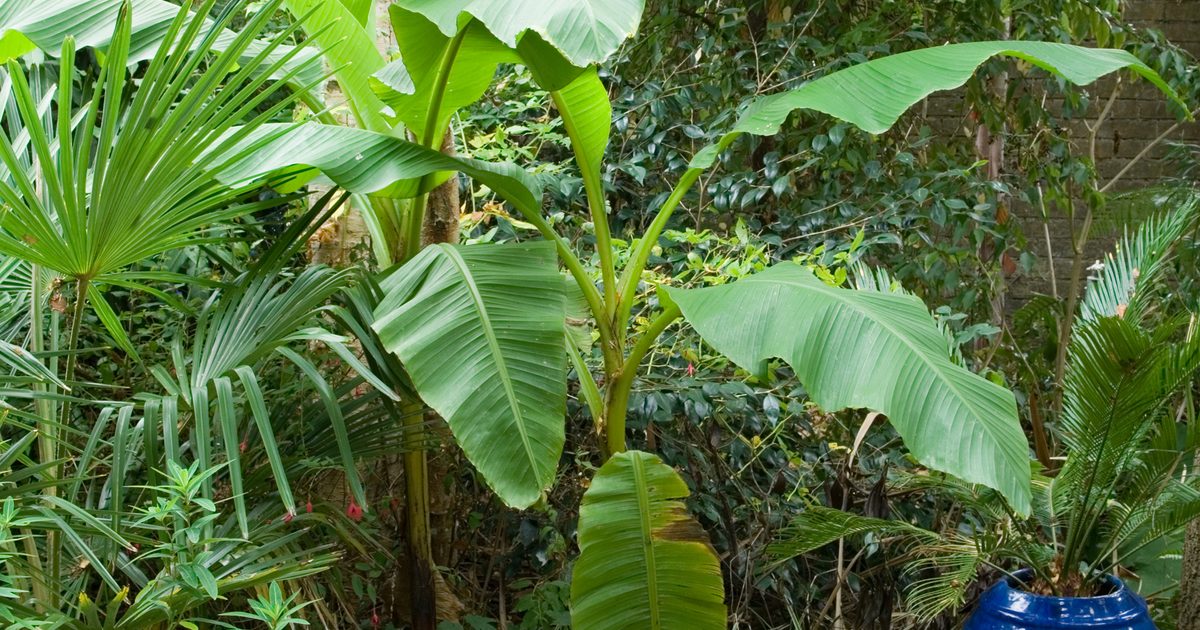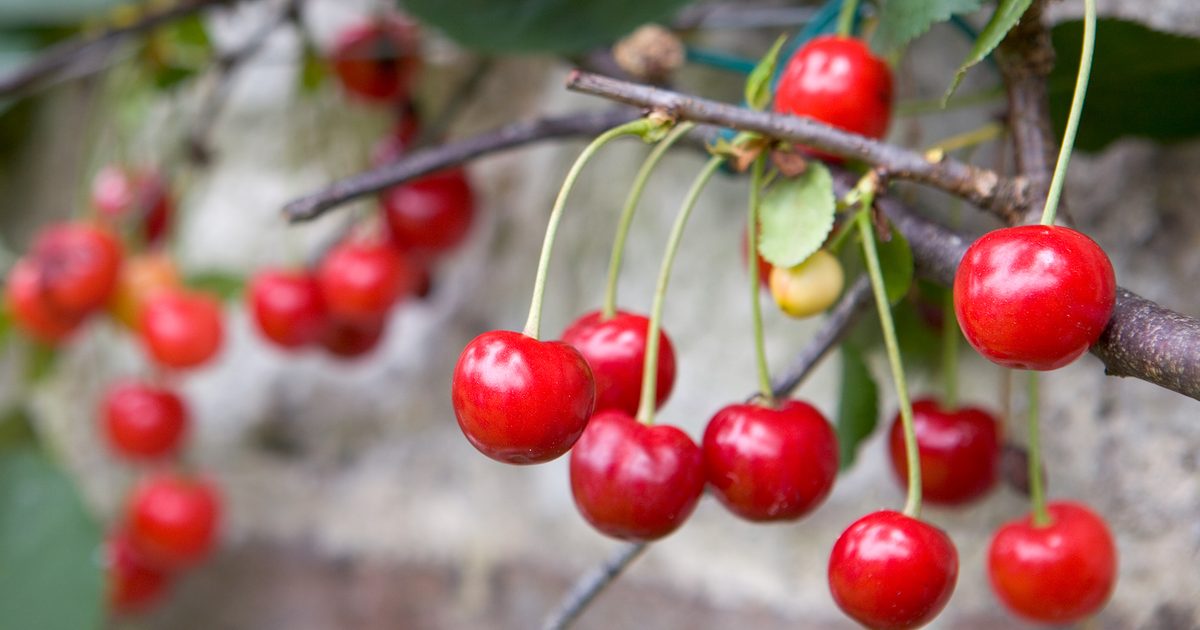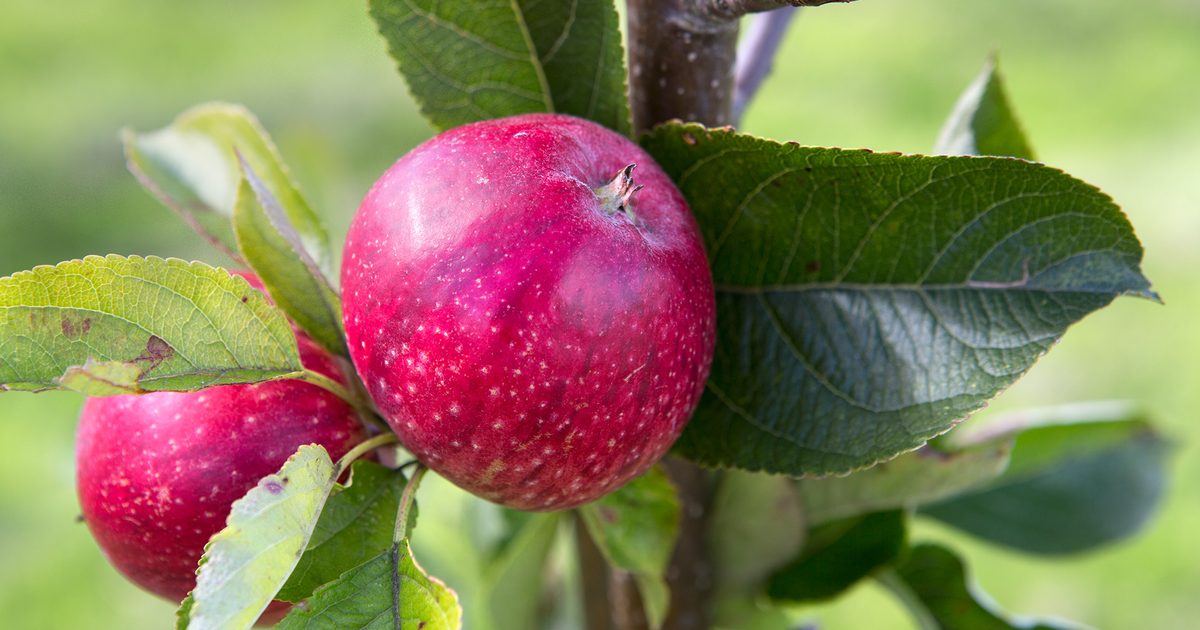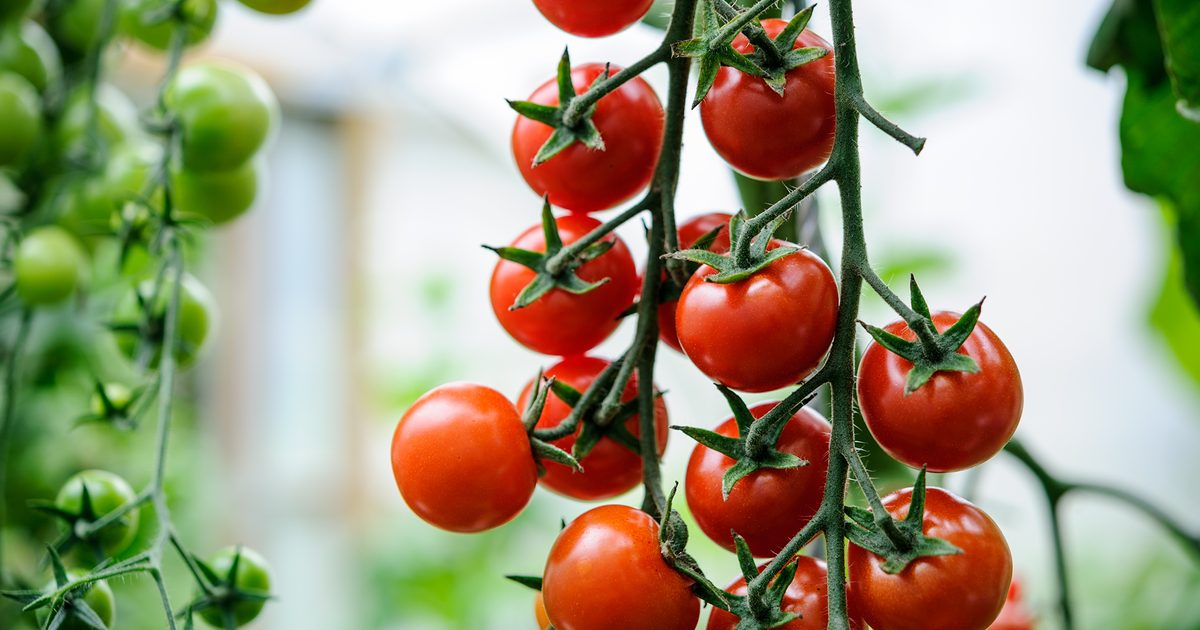
How one can Develop Banana Vegetation
[ad_1]
How one can develop bananas all through the UK
Develop banana vegetation in full photograph voltaic to partial shade in fertile, moist nonetheless well-drained soil, in a sheltered spot. Mulch the roots and defend the stem with horticultural fleece or a thick layer of straw in autumn so it would not succumb to winter frosts.

Further on rising bananas:
The place to plant bananas
Develop Musa in full photograph voltaic to partial shade in fertile, moist nonetheless well-drained soil, in a sheltered spot. Or develop in a large container that you simply would possibly change indoors in the midst of the winter months.
How one can plant bananas
Dig a beneficiant gap, along with an excessive amount of wealthy compost.
On this clip from Gardeners’ World, Monty Don makes an infinite new addition to his Jewel Yard at Longmeadow. Planting a large and spectacular Abyssinian banana plant or pink banana plant (Ensete ventricosum ‘Maurelii’) with stunning plum-tinged foliage, he explains study to place collectively the soil, what measurement gap to dig, and study to position it to greatest have an effect on. He furthermore explains study to deal with banana vegetation over winter, and advocate an extra hardy choice (Musa basjoo) that you simply would possibly in all probability use as a substitute:
How one can defend banana vegetation in winter
Cowl the underside of your Musa plant with a thick mulch in autumn to guard the roots from chilly and moist over winter. You may additionally want to protect the leaves with horticultural fleece. Most vegetation will income from a spring trim, to tidy ravaged leaves.
The pink Abyssinian banana (Ensete ventricosum ‘Maurelii’) is a robust plant with big red-tinged leaves, splendid on account of the centrepiece in a tropical-themed border. Nevertheless, it’s not going to outlive any frost, so it is crucial take motion in autumn to make sure it survives the winter. Study to dig it up on this quick Gardeners’ World video data that options Monty Don:
Having dug his banana up from the border and let it dry out, Monty explains study to retailer it so it goes dormant over winter:
Tender bananas which have been saved indoors over winter should be launched as soon as extra into progress in mid-spring, in order that they’re ready to plant out after the last word frosts. On this clp from gardeners’ World, Monty Don reveals you study to repeatedly harden off an stunning nonetheless tender banana plant:
How one can propagate banana vegetation
Search for small, suckering shoots on the underside of your banana plant. New vegetation could be grown from these – merely separate them from the mum or dad plant in spring and pot them as lots as develop on beneath cowl.
Rising banana vegetation: draw again fixing
Should you are rising Musa in a conservatory or greenhouse, look out for mealybug and pink spider mite. Exterior, wind injury can tear the leaves and chilly, moist native climate could set off rot.
Types of banana plant to develop
- Musa basjoo – is the Japanese banana and is grown for its large leaves, that can measure as lots as 3m in dimension. Inside the acceptable circumstances, flowers seem in summer season season, and usually small fruits will observe, nonetheless these aren’t edible. The RHS has given Musa basjoo the distinguished Award of Yard Profit
- Musa lasciocarpa – the chinese language language language yellow banana has typical banana leaves, nonetheless the yellow flowers in summer season season are additional inserting than its Japanese cousin. The plant dies as soon as extra after flowering, nonetheless new shoots will seem and could be grown on to change the mum or dad plant. This banana was believed to be extinct, nonetheless was rediscovered all through the distant Himalayas. The RHS has given Musa lasciocarpa the Award of Yard Profit
- Musa × paradisiaca ‘Rajapuri’- a hardy cultivar that copes efficiently with wind. With wealthy inexperienced leaves, it will furthermore produce edible fruits inside the acceptable circumstances. Peak 2.4m (8ft)
- Musa acuminata ‘Dwarf Cavendish’ – a smaller selection, rising to 2m, with massive, barely reddish leaves. RHS Award of Yard Profit
- Musa acuminata ‘Zebrina’ – a medium peak cultivar that’s good for containers, with terribly decorative, red-striped leaves. One totally different Award of Yard Profit holder
[ad_2]


